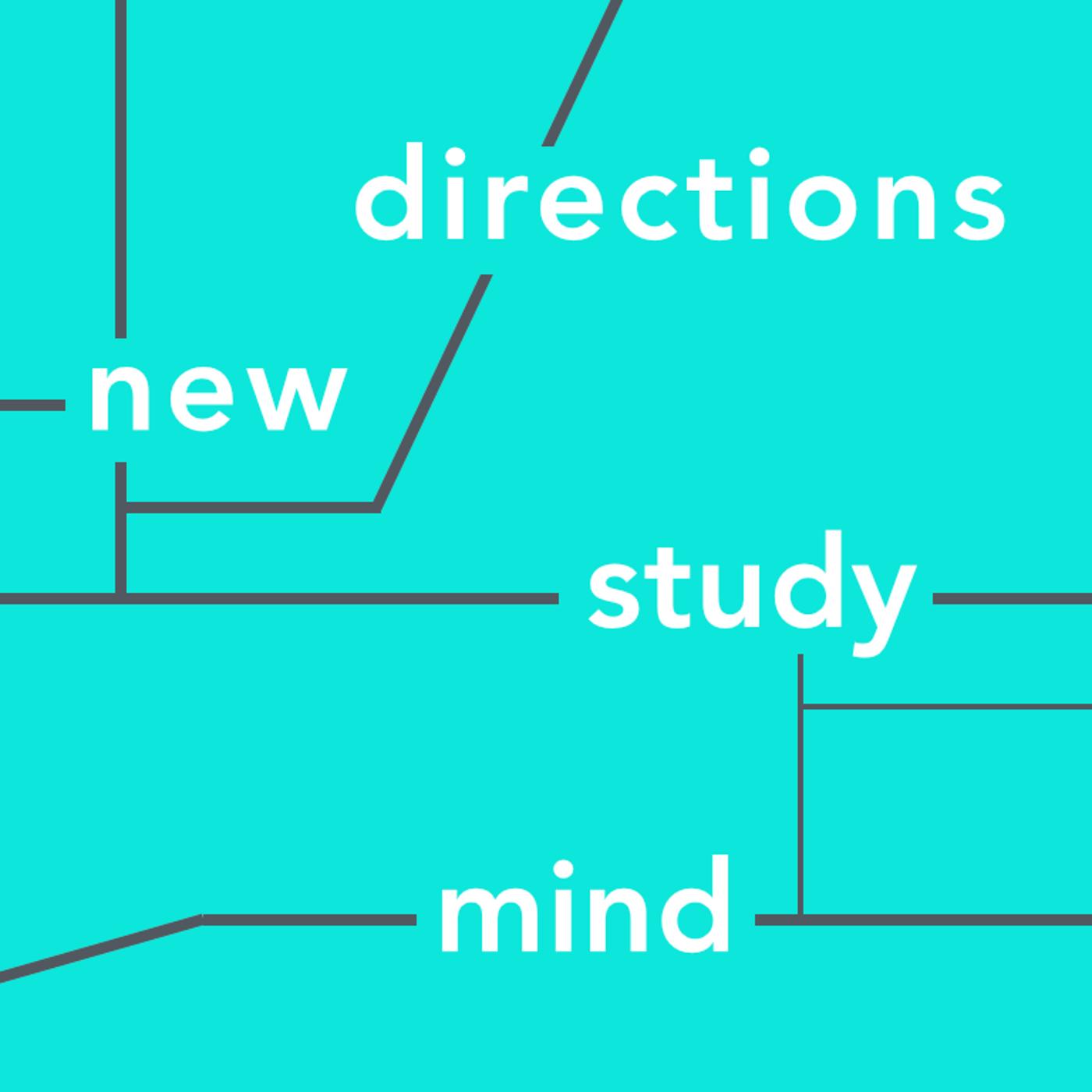Podcast Profile: New Directions in the Study of the Mind
 Site • RSS • Apple Podcasts
Site • RSS • Apple Podcasts16 episodes
2016 to 2017
Median: 99 minutes
Collection: Philosophy

 Site • RSS • Apple Podcasts
Site • RSS • Apple PodcastsDescription (podcaster-provided):
This is the media page for the New Directions in the Study of the Mind project based in the Philosophy Faculty of the University of Cambridge. It is supported by the John Templeton Foundation. Here you will be able to find audio recordings of the project's weekly seminar. In the future, you'll also be able to find audio recordings of our conferences and other events.Themes and summary (AI-generated based on podcaster-provided show and episode descriptions):
➤ Weekly seminars on intentionality • Philosophical themes • Mind-body problem discussions • Led by Tim Crane • Supported by John Templeton Foundation • University of Cambridge faculty eventsThis podcast, titled "New Directions in the Study of the Mind," is embedded in the Philosophy Faculty of the University of Cambridge and is supported by the John Templeton Foundation. The content primarily features weekly seminars and occasional special lectures that delve into intricate philosophical themes, particularly the concept of intentionality and the mind-body problem.
One significant focus of the podcast is the academic exploration of intentionality within the realm of philosophy. This theme recurs frequently, underpinned by detailed discussions led by Tim Crane, a distinguished figure in the field. These seminars attract an audience that includes project members, visitors, and both undergraduate and graduate students from the University of Cambridge, indicating a scholarly atmosphere dedicated to deep philosophical inquiry.
Another recurrent topic in this podcast is the perennial question of whether the mind is a physical entity. This theme is explored with considerable depth, challenging listeners to reconsider traditional metaphysical assumptions that have influenced the mind-body debate since the 17th century. The discussions aim to provide fresh perspectives by reevaluating the foundational concepts of "physical" and "thing," and by questioning the conventional dualist and physicalist/materialist dichotomies.
Some episodes are noted to have recording anomalies, yet they consistently deliver rich, thought-provoking content that pushes the boundaries of conventional philosophical debates. This podcast serves as a confluence of historical philosophical discourse and contemporary theoretical advancements, offering listeners an opportunity to engage with cutting-edge discussions on the nature of the mind and intentionality.
Overall, the content found across this podcast offers a compelling blend of rigorous academic discourse and innovative philosophical exploration, making it a valuable resource for anyone interested in the evolving study of the mind.